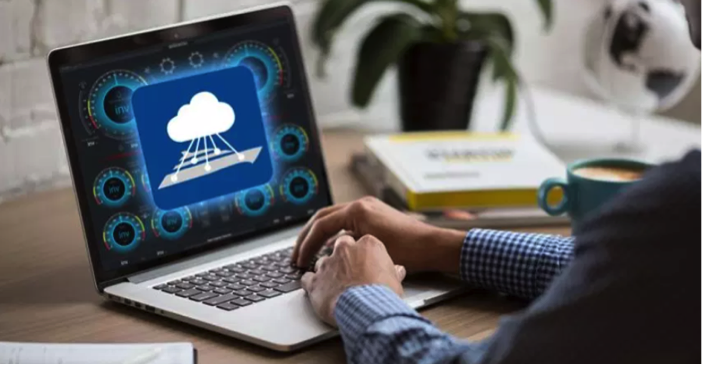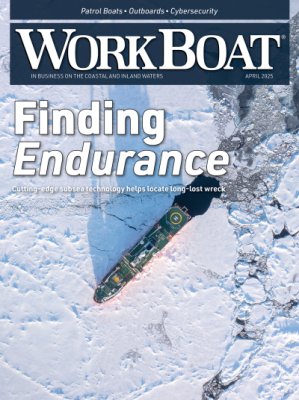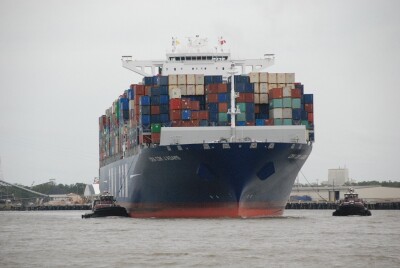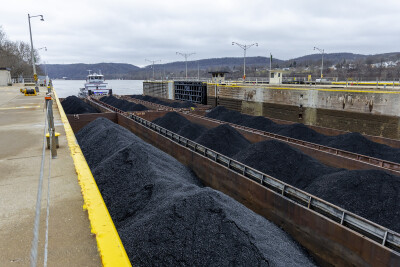While the world was concerned with health measures, technology companies had to move fast to accommodate the new needs of remote work, video conference calls, and virtual meetings. That was no different for the marine industry. Companies had to change fast to adapt to new realities of service and vessel management. And more is yet to come.
Böning Ship Automation is a German manufacturer of automation solutions for vessels, since 1977. The company has kept a leading position in the market by designing products with a long-term vision. Even before the green initiatives in the maritime and shipbuilding community started, Böning had released a spill warning system that avoids fuel spills in the water and an automatic trim tabs control that reduces fuel consumption. The company’s vision for the next decade focus on connectivity.
The customers are changing
“When I started in the marine industry 15 years ago, it was difficult to convince customers to have the electronics and machinery of vessels remotely monitored”, said Luiz Barbarini, managing director of Böning USA. “Air time was expensive, and there was still resistance to the idea that one could be tracked. Nowadays, you cannot sell a vessel automation system without this feature”.
Böning’s products and software were developed with special characteristics that allow remote serviceability and diagnosis by fleet managers or technicians. “We didn’t stop during the pandemic, because we were ready to do remote commissioning and virtual service calls,” said Sergio Corredor, Böning’s service manager in the US. “Before Covid, the acceptance of remote services were low. We were very limited because the builders or marinas were never challenged to provide a fast internet connection. Now, everyone appreciates the savings of travel expenses and availability on short notice."
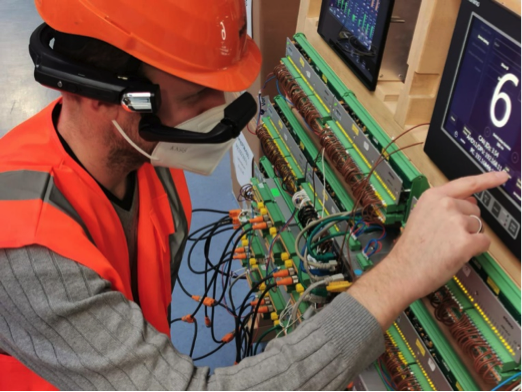
What is already reality?
For the remote monitoring and control of vessels, the B:Connect is a product recently released, that made affordable the remote monitoring of health parameters of a vessel or a fleet.
In terms of new technologies for service calls, Böning dealers can order a service kit with augmented reality glasses, allowing any technician around the world to perform a service on board, having support from a Böning engineer being virtually inside the engine room.
Vision into the future
For the future, Böning’s head office in Germany is working on the “SmartBridge 2.0”, which also enables workflows and processes on ships to be recorded, documented, and controlled. The "SmartBridge2.0" will not only integrate all operating parameters of a vessel, but also all parameters and data resulting from the application.
Marinko Vukancic, Böning’s head of sales explains the concept in detail: “In the area of fishing, for example, these include the location and movement of shoals of fish, the load and position data on the nets, the degree of processing of the catch onboard, and the utilization of the cold stores.” It will also be possible to store these application parameters and data, process them, properly present them to all relevant actors in the respective application. In the fisheries sector, for example, this would be the fish processing industry or the monitoring bodies of authorities.
Conclusion
Technology that once before was seen as a nice to have, or only bought to meet class, will become a key feature on boats in the next years. Twenty years ago, digital screens became popular on vessel monitoring systems as the old-fashion LED panels could not handle so many lights representing sensors and alarms.
In the same fashion, sensors that will not only monitor machinery but also sea conditions, crew fatigues will be present on vessels targeting safety and human factors. That will allow the smart operation of the vessel (SmartBridge), with fast support and reaction powered by the fast connectivity and remote troubleshooting.
Learn more: https://www.boening-usa.com/


